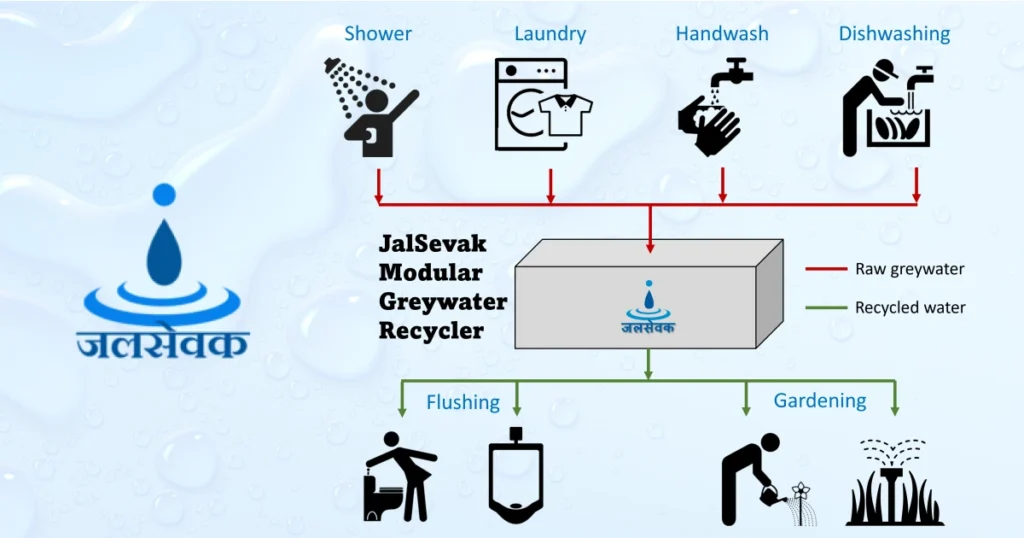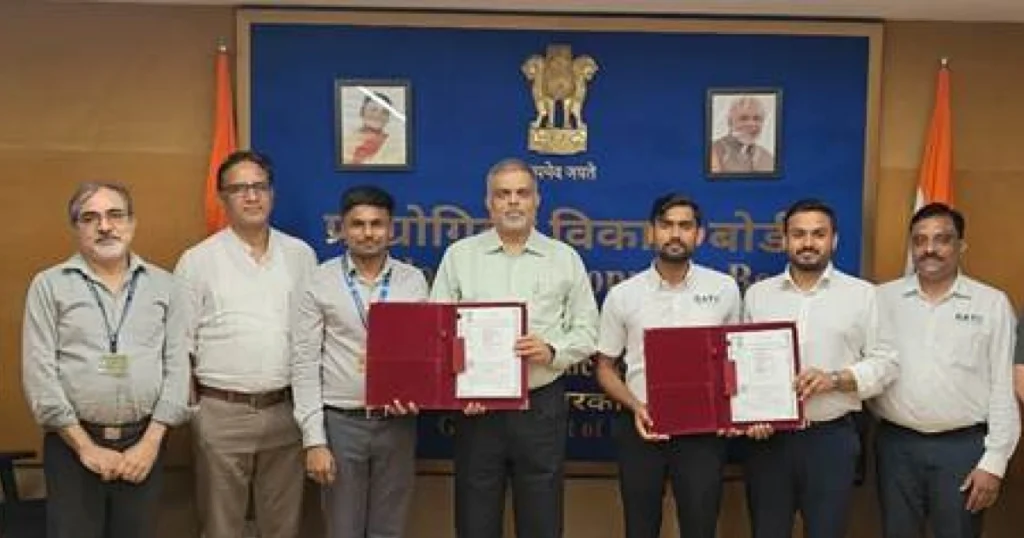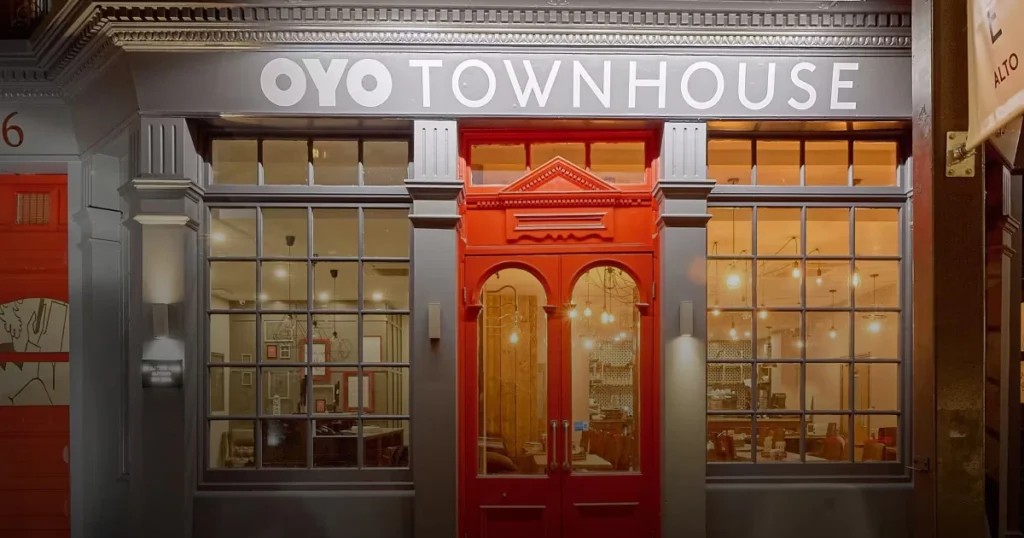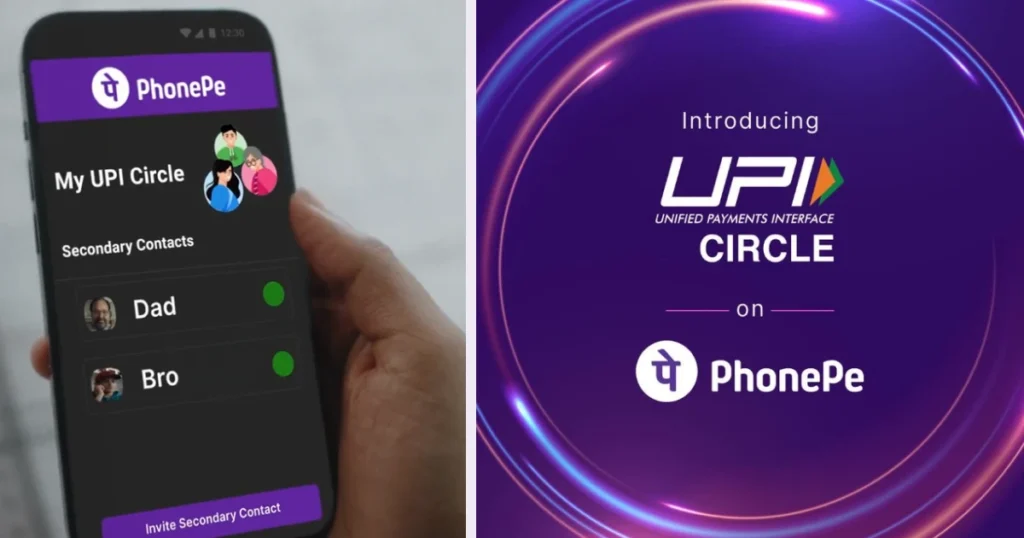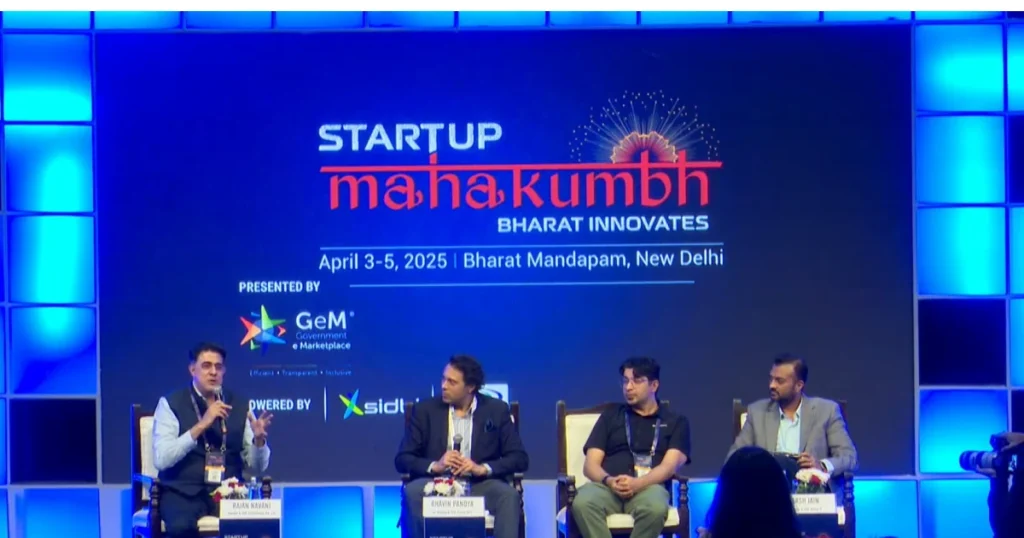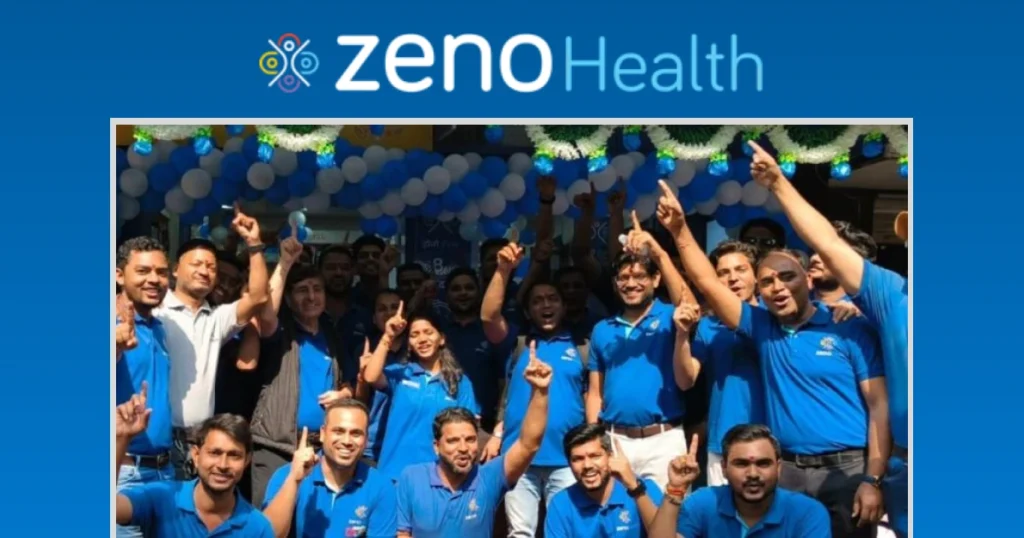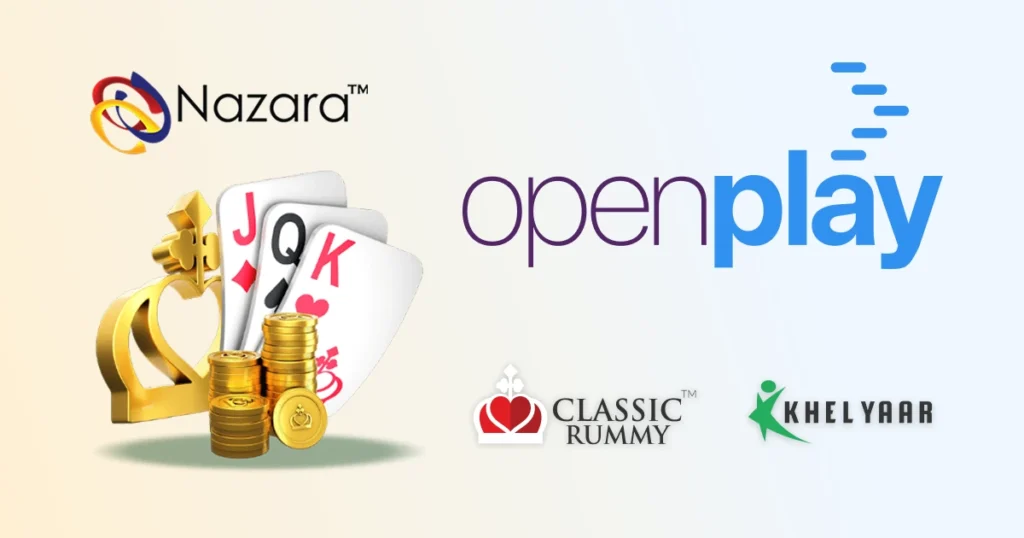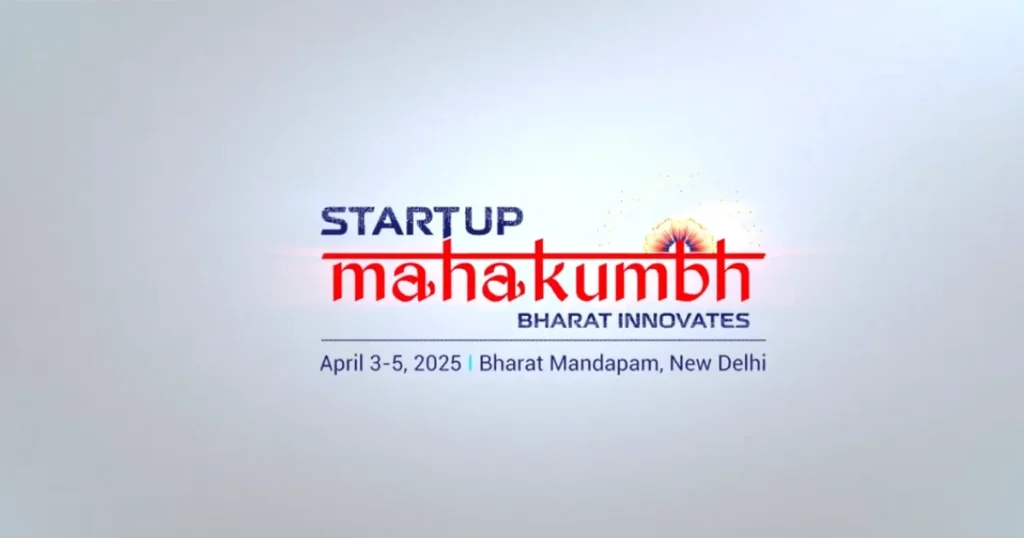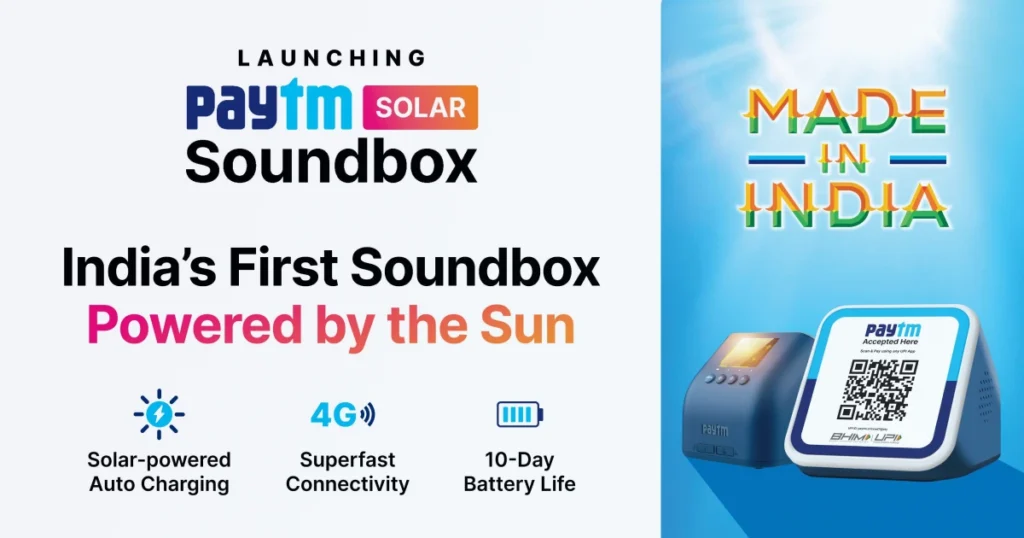Founded in 2020 by Abhijit Sathe, JalSevak Solutions is addressing the critical environmental challenges of water scarcity and wastewater management in urban India.
Based in Pune, this innovative startup is the first in India to focus solely on greywater recycling, providing a cost-effective, scalable, and environmentally friendly solution for residential and commercial buildings.
The Challenge of Water Scarcity
Water scarcity is a growing concern across the globe, and India is no exception.
The country faces severe water shortages, exacerbated by increasing urbanization, population growth, and climate change.
In this context, greywater, which is wastewater from domestic activities like laundry, showering, and handwashing, makes up a substantial portion of municipal wastewater.
However, greywater is relatively low in pathogens and can be treated and reused for non-potable purposes, thereby alleviating some of the pressure on dwindling freshwater resources.
Despite its potential, greywater recycling has not yet been widely adopted in India.
Traditional wastewater treatment methods, primarily focused on sewage, often overlook the opportunities presented by greywater.
JalSevak Solutions aims to bridge this gap, offering a decentralized greywater recycling system that can be seamlessly integrated into both existing and under-construction buildings.
An Innovative Approach to Greywater Recycling
At the heart of JalSevak’s mission is a unique and efficient greywater recycling system.
Their technology involves a multi-step treatment process designed to capture, filter, disinfect, and reuse greywater. The treatment process consists of three primary stages:
1. Filtration:
The system utilizes a combination of basket strainers, micro-filters, and ultra-filtration elements to remove 99% of suspended solids and certain dissolved contaminants.
This initial step is crucial for ensuring that the water is free of larger particles before proceeding to further treatment.
2. Chemical Treatment:
After filtration, the water undergoes a disinfection process using liquid chemicals to eliminate any remaining bacteria and pathogens.
This step is vital to ensure that the treated greywater is safe for reuse in applications such as toilet flushing and irrigation.
3. Aeration:
Finally, the treated water is aerated to maintain optimal Biological Oxygen Demand (BOD) levels, preventing odour and decomposition. This continuous infusion of air helps keep the water fresh and extends its usability.
This compact and efficient system not only significantly reduces the demand for potable water—up to 35% savings—but also cuts down sewage generation by approximately 50%.
Moreover, it uses 90% less electricity compared to conventional sewage treatment plants, reducing the overall carbon footprint of the facility.
Economic and Environmental Impact
JalSevak’s greywater recycling solution provides both economic and environmental benefits.
With installation costs around 60-70% lower than those of traditional sewage treatment plants, it offers a financially attractive alternative for homeowners and businesses.
Furthermore, the operational and maintenance costs are approximately 75% lower, enabling easier management without the need for specially trained technicians.
To date, JalSevak has completed 30 projects across 18 cities, impacting around 1,000 people and saving an estimated 150 KLD (kiloliters per day) of water.
Their efforts not only improve sanitation and hygiene but also contribute to a more sustainable urban ecosystem.
Recognitions and Future Prospects
JalSevak Solutions’ innovative approach has garnered recognition from various governmental bodies.
The startup was among the ten winners of the “Swachhata Startup Challenge” organized by the Ministry of Housing and Urban Development, in collaboration with the Agence Française de Développement (AFD).
They were also selected as one of the 76 startups under the “India Water Pitch-Pilot Scale Start-up Challenge” as part of Mission AMRUT 2.0.
As JalSevak continues to grow, their vision extends beyond individual installations.
The startup is actively engaging with urban planners and policymakers to promote greywater recycling as a viable solution for urban water management.
By raising awareness about the benefits of greywater recycling, they hope to encourage its adoption across Indian cities, contributing to a sustainable and water-resilient future.


